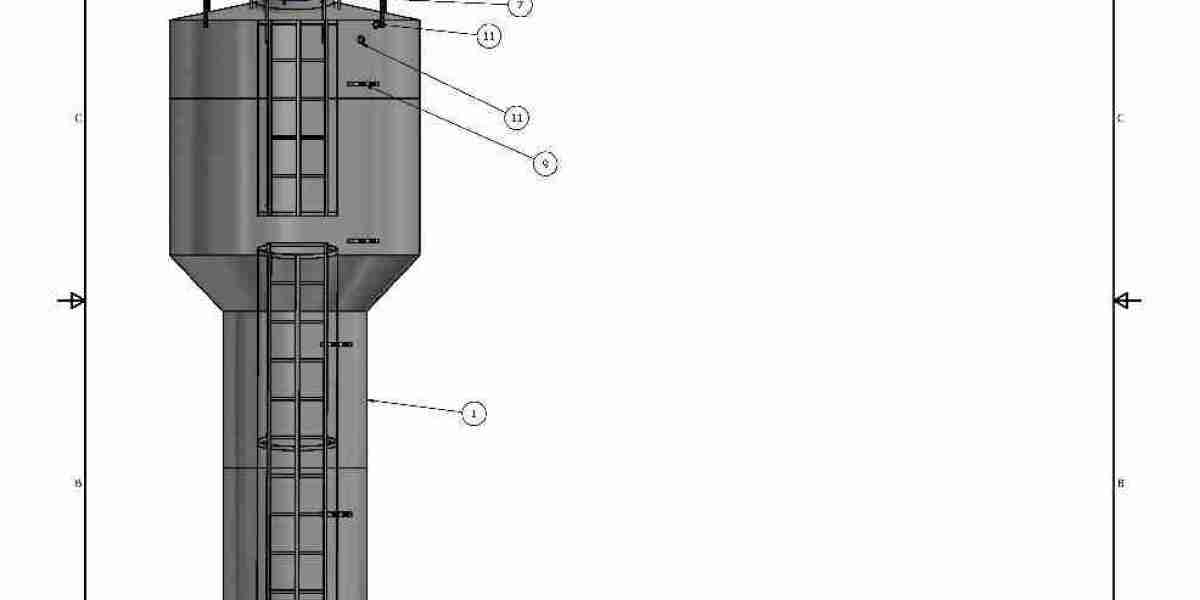Advancements in neurology diagnostics are transforming the way we understand and treat cognitive disorders. As researchers and clinicians delve deeper into the complexities of the human brain, innovative software solutions are proving to be invaluable tools. By harnessing the power of technology, neurology software is not only enhancing diagnostic accuracy but also accelerating research into conditions such as Alzheimer’s disease, Parkinson’s disease, and other cognitive impairments. Here's how this cutting-edge technology is reshaping the field.
Revolutionizing Neurology Diagnostics with Technology
In the realm of neurology diagnostics, precision is paramount. Cognitive disorders often involve subtle changes in brain structure and function that can be challenging to detect. Neurology software integrates advanced imaging techniques, artificial intelligence (AI), and machine learning algorithms to identify patterns that might elude traditional diagnostic methods.
For instance, AI-powered platforms can analyze thousands of brain scans in a fraction of the time it would take a human expert. These tools highlight abnormalities, track disease progression, and even predict the onset of certain conditions. By providing a more detailed and objective analysis, software solutions enhance the reliability of neurology diagnostics, empowering clinicians to make informed decisions.
Streamlining Cognitive Disorder Research
Neurology software is also revolutionizing research by enabling faster data collection, analysis, and collaboration. Cognitive disorder studies often require processing vast amounts of data from brain imaging, genetic testing, and clinical assessments. Without the right tools, this process can be time-consuming and error-prone.
Modern neurology platforms offer researchers the ability to:
- Centralize Data: With cloud-based solutions, researchers can store, share, and access data from anywhere in the world, fostering collaboration across institutions.
- Automate Analysis: Automated data analysis tools reduce the time spent on repetitive tasks, allowing researchers to focus on critical insights.
- Simulate Models: Neurology software can simulate disease progression, providing valuable predictions and helping to test potential treatments in a virtual environment before clinical trials.
These capabilities streamline the research process, reducing the time and costs associated with studying cognitive disorders while opening new doors for discovery.
Enhancing Patient Care Through Personalization
Another significant benefit of neurology software lies in its ability to support personalized treatment plans. Cognitive disorders affect individuals differently, and a one-size-fits-all approach is rarely effective. By analyzing patient-specific data, neurology diagnostics tools can identify the most suitable interventions for each person.
For example, software solutions can integrate data from wearable devices, such as smartwatches, to monitor cognitive function in real-time. This data allows healthcare providers to tailor treatments and adjust them dynamically based on a patient’s response, leading to better outcomes and improved quality of life.
Overcoming Challenges in Neurology Research
While the benefits of neurology software are profound, challenges remain. Data privacy and security are critical concerns, especially when handling sensitive patient information. Researchers and software developers must adhere to strict regulations to ensure compliance and protect data integrity.
Additionally, integrating these advanced tools into existing workflows requires training and adaptation. Clinicians and researchers must become familiar with new technologies, which can be a barrier for institutions with limited resources. However, ongoing advancements and widespread adoption are gradually addressing these issues, making neurology software more accessible to all.
The Future of Neurology Software in Cognitive Disorders
The future of neurology diagnostics and research is bright, with software playing an increasingly central role. Emerging technologies such as quantum computing, enhanced AI models, and brain-computer interfaces hold the promise of further transforming the field. As these innovations mature, they will continue to improve diagnostic precision, streamline research, and personalize treatment for individuals with cognitive disorders.
Ultimately, the integration of neurology software into clinical and research practices is a game-changer. By empowering experts with state-of-the-art tools, it brings us closer to unlocking the mysteries of the brain and developing effective solutions for those affected by cognitive disorders.
Final Thoughts
Neurology software is redefining the landscape of neurology diagnostics and research. By making processes faster, more accurate, and highly personalized, these technological advancements are accelerating progress in understanding and treating cognitive disorders. As adoption grows and challenges are overcome, the potential for groundbreaking discoveries becomes ever more attainable, heralding a new era in neurological care and research.
Let technology and neuroscience continue to work hand in hand, ensuring that the future of cognitive disorder research is as innovative and promising as the minds it seeks to understand.






